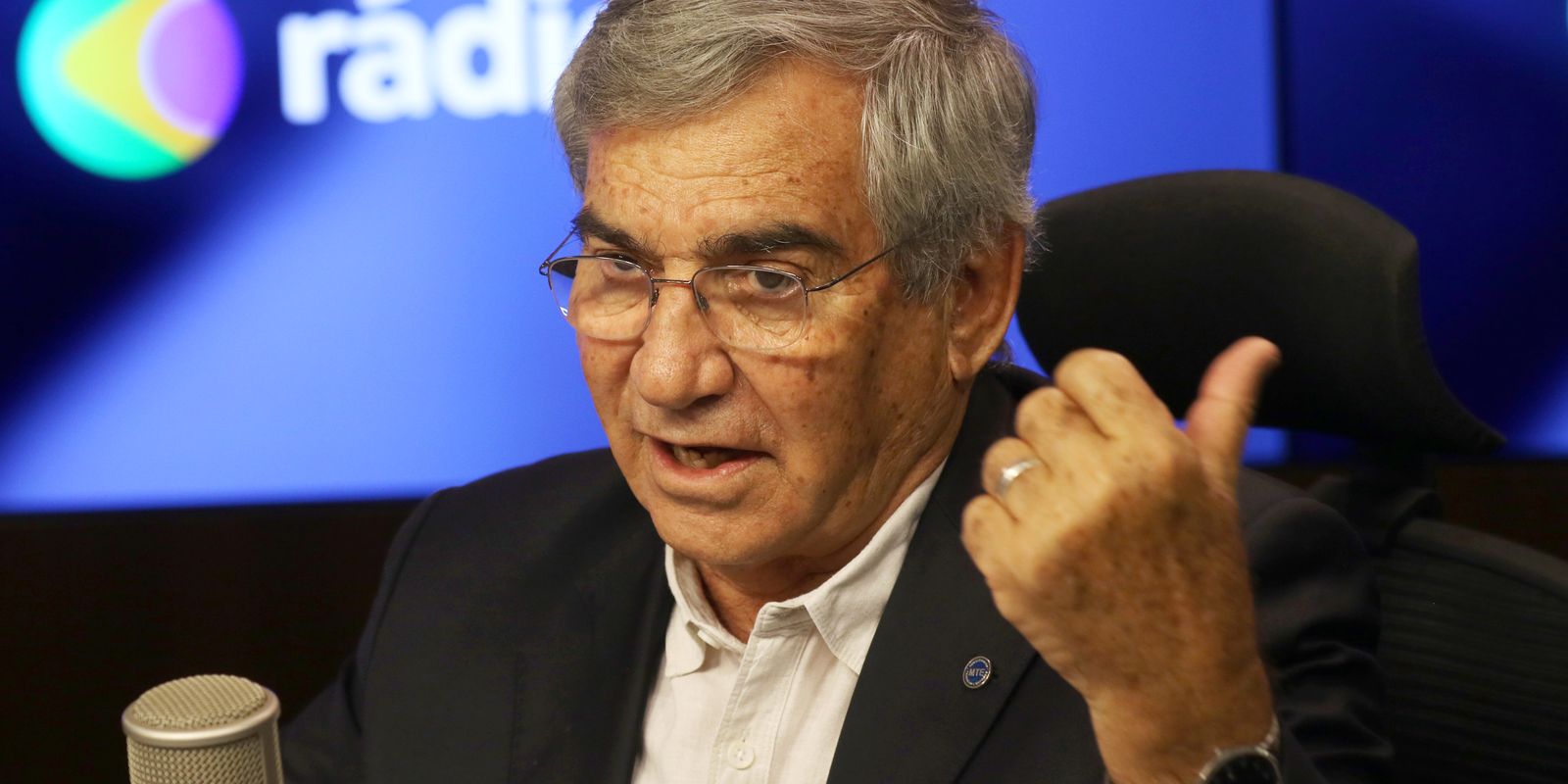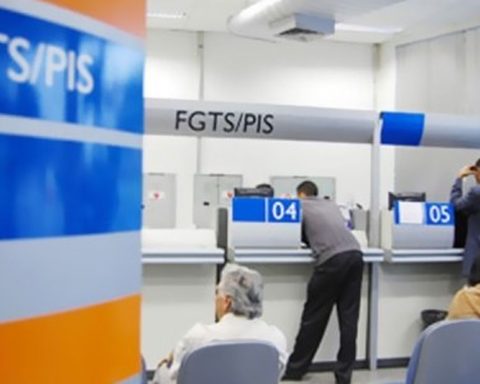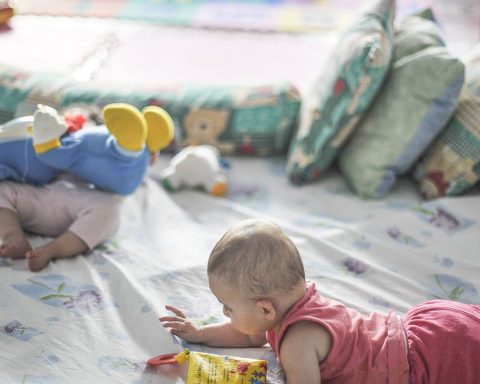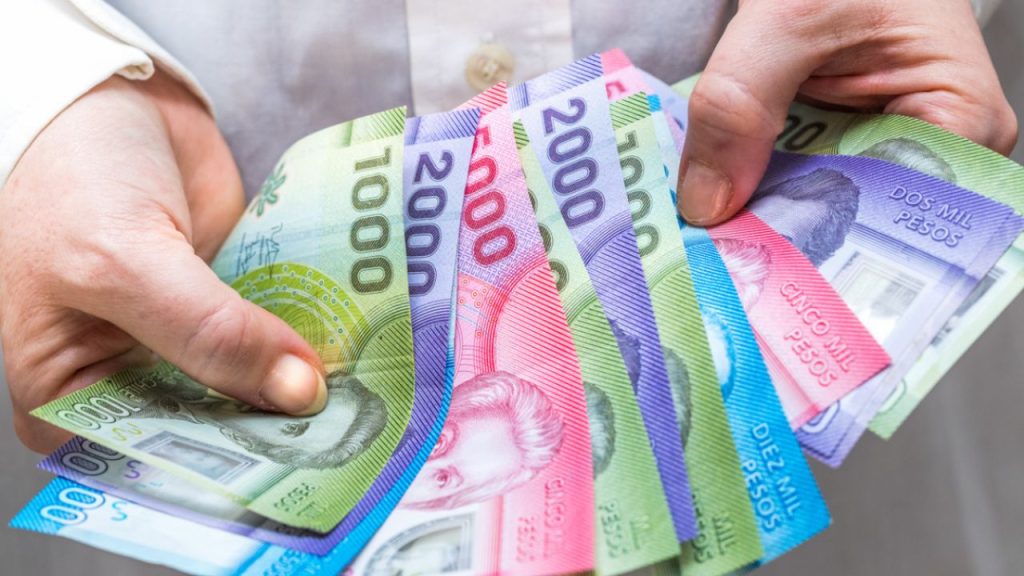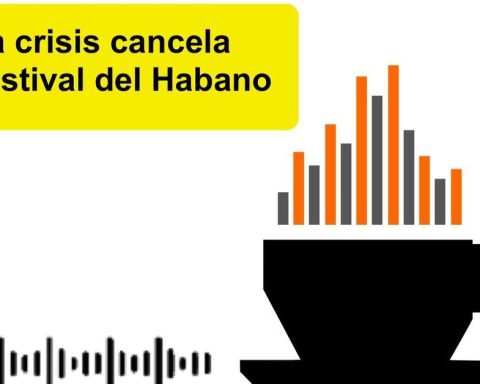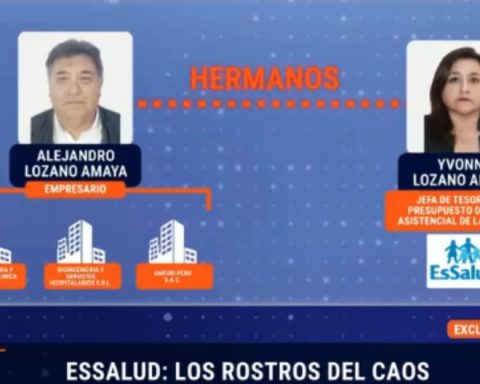THE solidarity economy program of the federal government, named after economist Paul Singer, will hire 1,000 people, 500 agents this month and the other half next year. The actions aimed at this project were announced, this Tuesday (3), by the national secretary of popular and solidarity economy, Gilberto Carvalho, in an interview with the program The Voice of Brazil, from the Brazilian Communication Company (EBC). 
The solidarity economy is understood as a work model in which activities are managed collectively and results are shared. “We are hiring 500 solidarity economy agents now and another 500 at the beginning of the year. They will be people who will work at the base to encourage the emergence of new ventures”, stated Carvalho.
The secretary explained that the income in this model provides that ownership of the means of production and management rests with workers. “A democratized and shared management. Profits and income are distributed equally among participants”, argues Carvalho.
Legislation
The national secretary reinforced the importance of approving law 6609/19, which created the National Solidarity Economy Policy, which will be sanctioned by President Lula on the 11th, at 10 am. “The law makes the solidarity economy official as an integral part of the national economy.”
Gilberto Carvalho added that the government seeks to map the strength of the solidarity economy in Brazil. “We are updating the so-called National Solidarity Economy Registry, which collects data on companies that can be declared a solidarity economy. This will soon give us a real vision of the impact that this economy has on the lives of many Brazilians.”
The registration will also be launched on the 11th with an online link to the form so that enterprises that recognize themselves as a solidarity economy can register. “Upon this registration, the solidarity enterprise is accredited to also receive tax benefits. The law will allow us to work and also promote public banks”, explained the national secretary.
According to data available to the government, Brazil has a record of 20,670 enterprises that operate within the principles of the popular and solidarity economy. These businesses involve more than 1.4 million workers.
